
Under terms of the agreement, ImprimisRx to assume full responsibility for US sales and marketing activities for Dexycu.
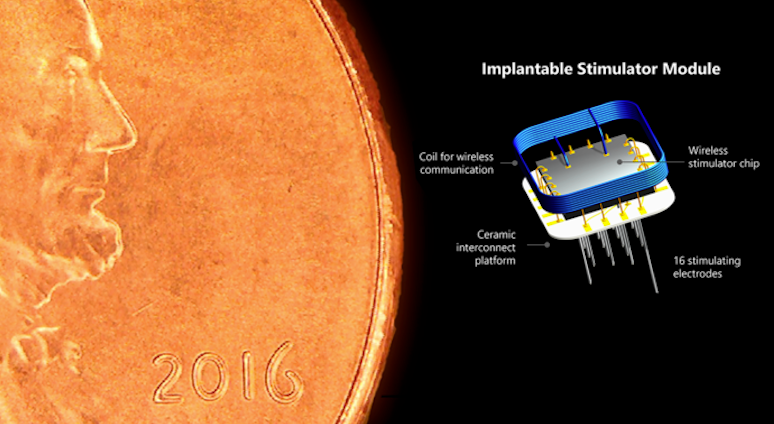
First successful implantation of wireless visual prosthesis brain implant completed

Under terms of the agreement, ImprimisRx to assume full responsibility for US sales and marketing activities for Dexycu.
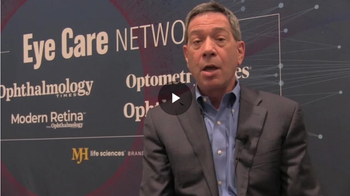
Jay Duker, MD, discusses EYP-1901, EyePoint Pharmaceuticals’ sustained-release anti-VEGF drug for the treatment of wet AMD.
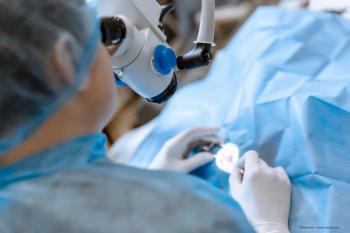
Options facilitate increased durability for patients with retinal degeneration.

Dr. Timothy G. Murray discusses the 5-year follow-up data from a large, consecutive case series of combined anterior and posterior segment surgery and the benefits of a single procedure for the recovery of vision and decreased risk.
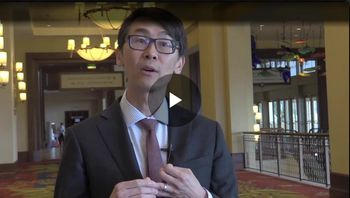
Leo Kim, MD, PhD, discusses his presentation at ASRS 2021, entitled "Rho-kinase inhibition on an in vitro patient-derived model of proliferative vitreoretinopathy."

Proposal hints at the use of generative adversarial network (GAN) for applications in macular surgery.
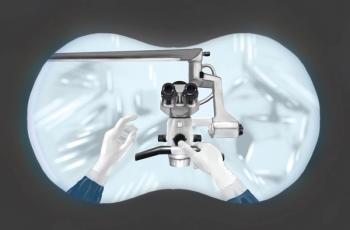
Pilot study shows promise of teaching surgeons with technology.

Programming includes 16 EURETINA sessions; 22 symposia; 44 instructional courses; 85 hours of content, and more than 300 speakers.

With orphan drug and fast track status, Neurotech plans to seek FDA approval for its NT-501 Implant platform late next year.

While operating on a patient with chronic uveitis presents some challenges, there are a few pearls that may increase success.

A survey of fireworks-related injuries for ophthalmologists and retina specialists.
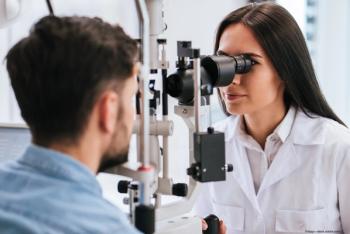
In endophthalmitis, the systemic anti-infective treatment specific to the infectious agent should always be used.

Retinal imaging tests are providing material to train and test decision support systems.

Daniel F. Kiernan, MD, discusses key findings of a clinical study analyzing the effect of dexamethasone intracameral drug-delivery suspension on macular thickness based on OCT testing following vitreoretinal surgery.
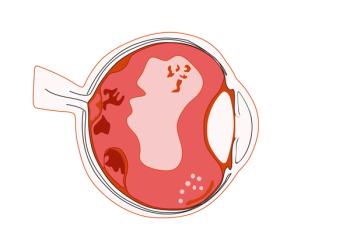
Study evaluates the impact of surgical procedure on visual outcomes in patients
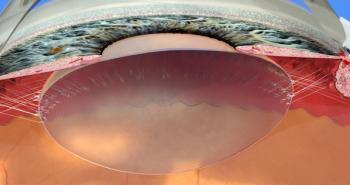
Transient sensory-motor abnormalities are often common

Novel gene therapy/medical device combo sheds light on retina in RP
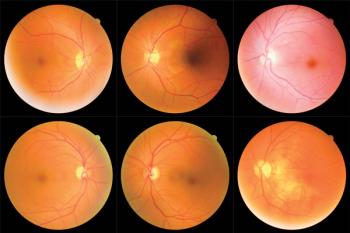
Specialist explains approaches for a variety of cases encountered during procedure

Josh Anderson, head of U.S. retina sales and marketing for Alcon, outlines what attendees will learn including product updates, new technologies, and practice management materials for ophthalmologists and their patients during the COVID-19 pandemic.

At AAO 2020, Fernando Arevalo, MD, PhD, details the use of anti-VEGF therapy for the treatment of retinal arteriolar macroaneurysms that are near the fovea.

In one of the first studies of the faceup position, researchers found its use after vitrectomy of rhegmatogenous retinal detachment may be beneficial in some patients.

Understanding the per-person cost differences with 3 key management strategies for a better-informed treatment selection

Ophthalmologists remain in touch with colleagues while maintaining social distancing
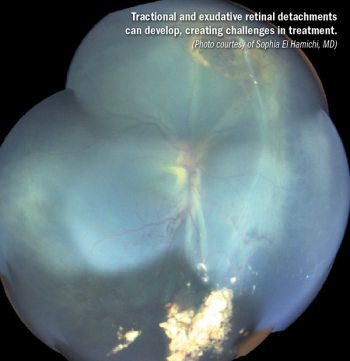
Watchful waiting may prove to be beneficial in complicated cases

Results of a prospective trial show the tool is ready for clinical use and potential deployment for remote telemedical use.